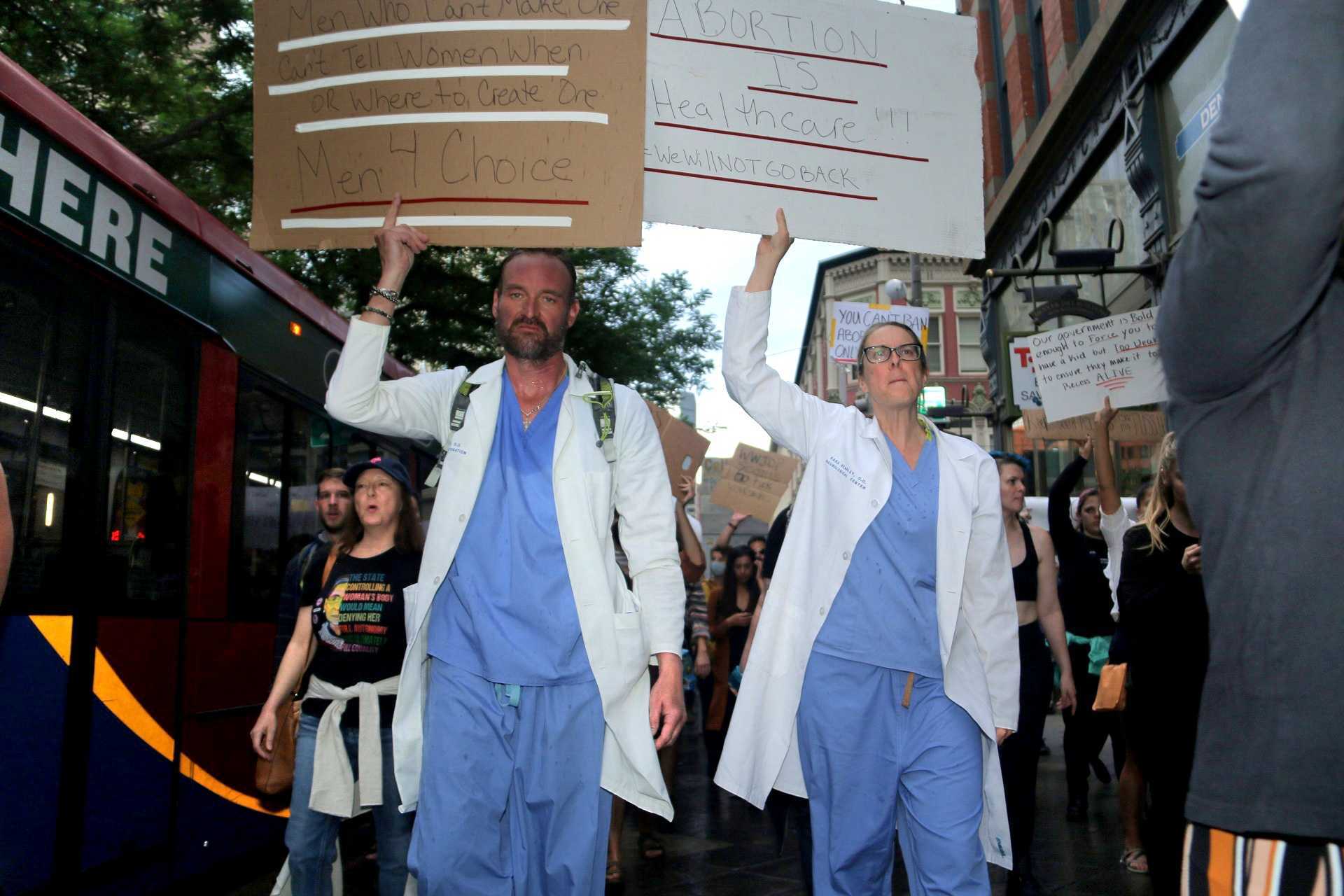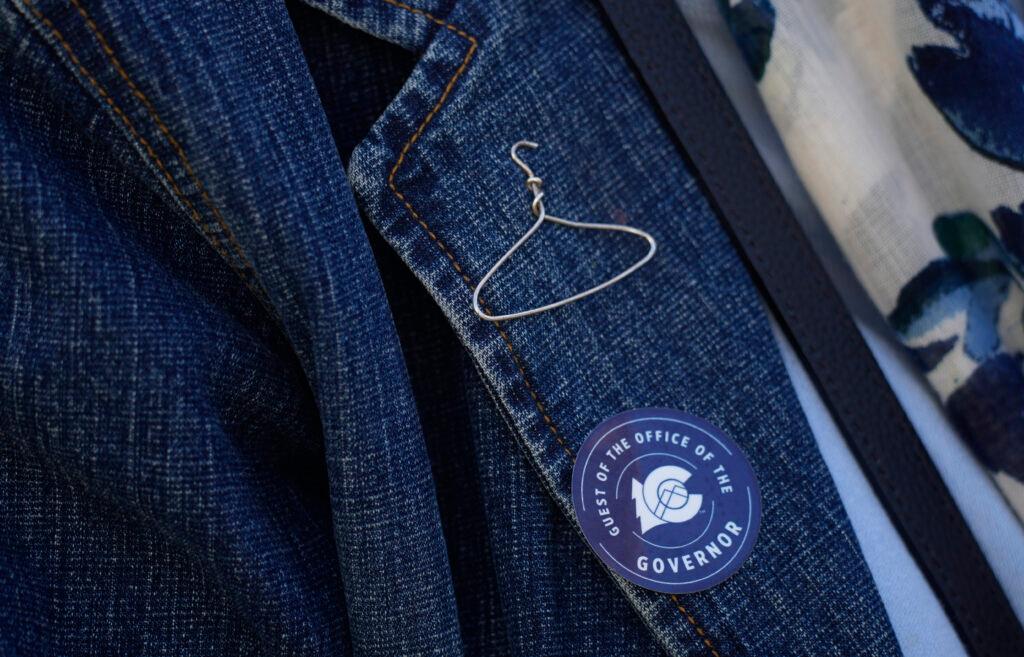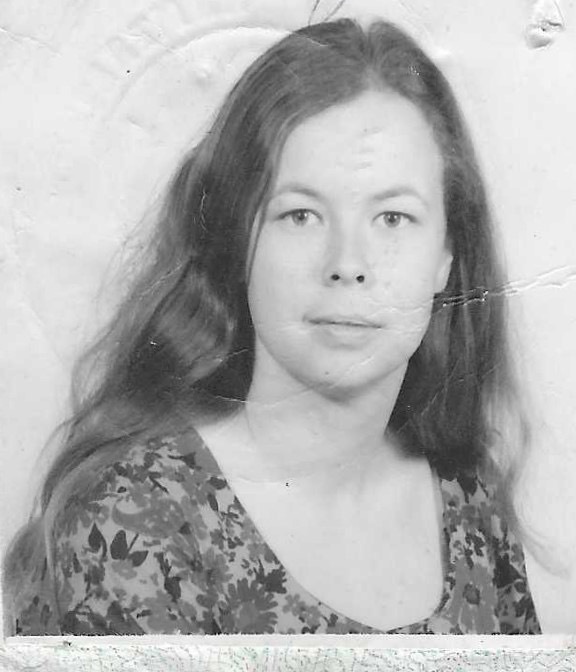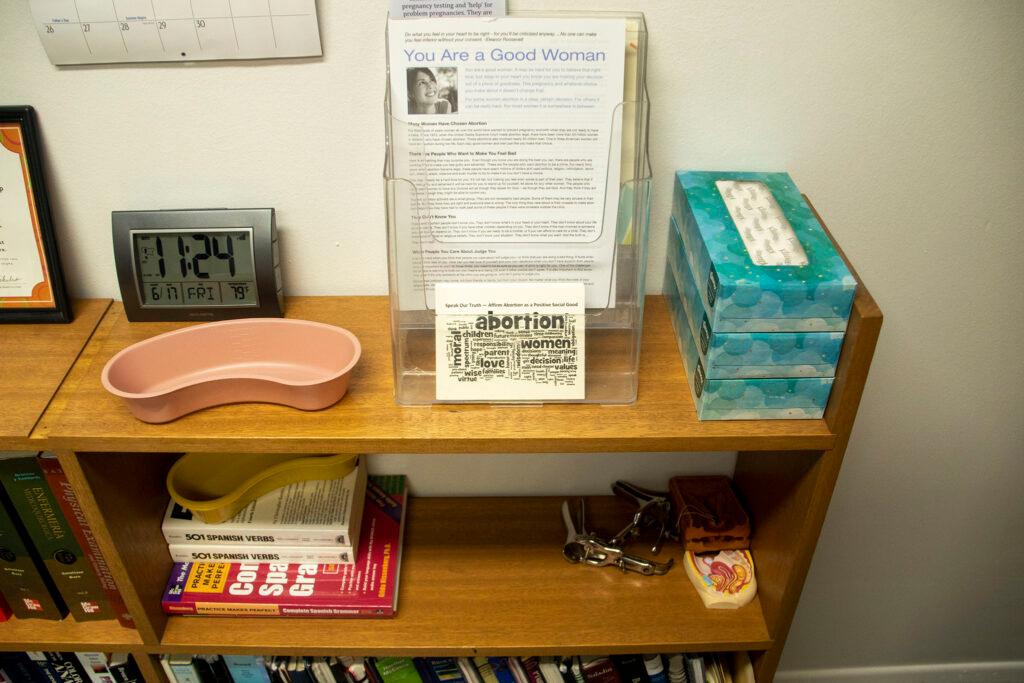
It’s been 50 years since the Supreme Court decided to legalize abortion in the U.S., and it’s been less than a year since the court overturned Roe v. Wade.
Before the landmark case, people would travel thousands of miles for abortion care, sometimes to other countries. After, many were afforded accessible and legal abortion.
Two Colorado women, a daughter and her mother, each sought an abortion in their lives, one before Roe and one before Roe fell.
Today there are parallels to their stories to what people in Colorado and across the U.S. are experiencing when they need abortion care.
'It was not right for me'
Claire Shaffer became unexpectedly pregnant in 2020. At first, she was excited, but the pregnancy exposed some issues in her relationship.
“My gut was screaming, but there was also this side of me that really wanted to have a child. And so I definitely had this internal conflict,” she said. CPR News is using her middle name to protect her identity. “In very quick time, I just decided that I didn't want to bring a child into that. It was not right for me.”
She made an appointment at the Planned Parenthood in Fort Collins, where she lives, and got in quickly.
“It just made me very grateful that I had been able to make that decision safely, legally, right at home,” she said.
Even after Dobbs v. Jackson Women’s Health Organization turned the decision of whether to allow abortions over to individual states, Colorado kept protections in place. Abortion is accessible with no gestational limits by the Reproductive Health Equity Act, which was passed last spring in anticipation of the Dobbs decision.
Now, 44 states prohibit abortions at some point in pregnancy; of those, 12 states ban abortion outright, according to an analysis from the Guttmacher Institute. Most of the states bordering Colorado now have prohibitions and limits on abortions.

A pre-Roe abortion story
After Shaffer’s abortion, she was able to go home to her own bed to rest. She also had the comfort of her mother, Dee Shaffer, who also lives in Fort Collins.
Dee decided to share her abortion story for the first time with Shaffer that day.
In 1969, when Dee was 22 years old, she got pregnant by accident, while on the birth control pill. At first, she thought she had a urinary tract infection.

“I went in to this gynecologist and he said, no, it isn't that, but you are pregnant,” she said. “And I was just shocked. I was a single woman. I said, I can't do this. How would I support a child all by myself?”
The doctor slipped her a piece of paper with the phone number for an abortion clinic in Juarez, Mexico. She called the clinic and booked plane tickets from San Francisco, where she lived at the time.
She said the clinic she went to looked more like someone’s home. Inside, other women were waiting along with armed men. She was asked to pay $300 — a sum that would be more like $2,300 today. Then she was escorted to a back room where the equipment for the procedure looked intimidating.
“When they put the mask on me, I thought, well, this is it,” she said. “They might be just putting me to sleep. And then that's that. It was just scary. But then I woke up. I was in a pool of blood on the sidewalk. So they just carried me out and dumped me.”
She was picked up by police officers who told her she likely had ended up at the wrong clinic. And then she flew back to the U.S.
Shaffer was surprised by her mother’s story.
“My initial thought was, wow, my mom is one tough cookie. I can't even imagine how scary that was. It was scary for me just to drive through the crowds of picketers when I went to Planned Parenthood,” Shaffer said.
“It really made me grateful that I had the choice that I did, that I didn't have to fly on an airplane to a different country and put myself at risk in that way,” she said.

Abortion patients are traveling to access care again
Now pregnant people from across the U.S. are once again traveling hundreds or thousands of miles to access abortion care, just like Dee.
In 2022, more than 3,600 people traveled to Colorado from places as far as South Dakota, Louisiana and Arkansas to access abortion care — that’s a 125 percent increase from 2021, according to provisional data from the state health department.
“The distance that people have to travel now has increased so dramatically,” said Jack Teter, regional director of government affairs for Planned Parenthood of the Rocky Mountains. “We see patients who have driven a thousand miles one way and often do it right in one go to access their care and then drive straight back so that they're not missing any more work.”
In the nearby states where abortion became illegal, the increase is stunning. In 2021, 400 people from Texas came to Colorado for abortion care. The following year, 2,257 Texans sought abortions in Colorado. That represents more than 60 percent of out-of-state abortion patients in 2022, according to state data.
There were 13 people from Oklahoma who came to Colorado for abortion care in 2021. In 2022, it was 188.
The influx of out-of-state patients has pushed wait times at Planned Parenthood clinics across the region, which covers Colorado, Wyoming, New Mexico and Nevada. For abortion care under 12 weeks of pregnancy, the average wait time for an appointment is 10 days, but for care for a pregnancy that’s progressed past 12 weeks, the average wait time is 30 days.
So far in January, Planned Parenthood has provided abortion care for more than 400 out-of-state patients across the region.
“The hurdles that people are overcoming in order to access the care that they need very clearly demonstrates that people did not stop needing access to abortion care when the Supreme Court overturned Roe v. Wade,” Teter said.
In the next legislative session, Planned Parenthood is backing a package of bills that if passed will further Colorado’s role as a safe haven state for abortion, Teter said. While Colorado protects the right to an abortion and to contraception, there are still people in the state who live far from a clinic or don’t have the financial means to access abortion care. The bills will address access for both in and out-of-state patients.
For Dee, the current state of reproductive rights in the U.S. is a little like déjá vu.
“I cannot believe it,” Dee said. “My abortion was over a half a century ago, and we have reverted back in time to over a half a century. How scary is that?”









